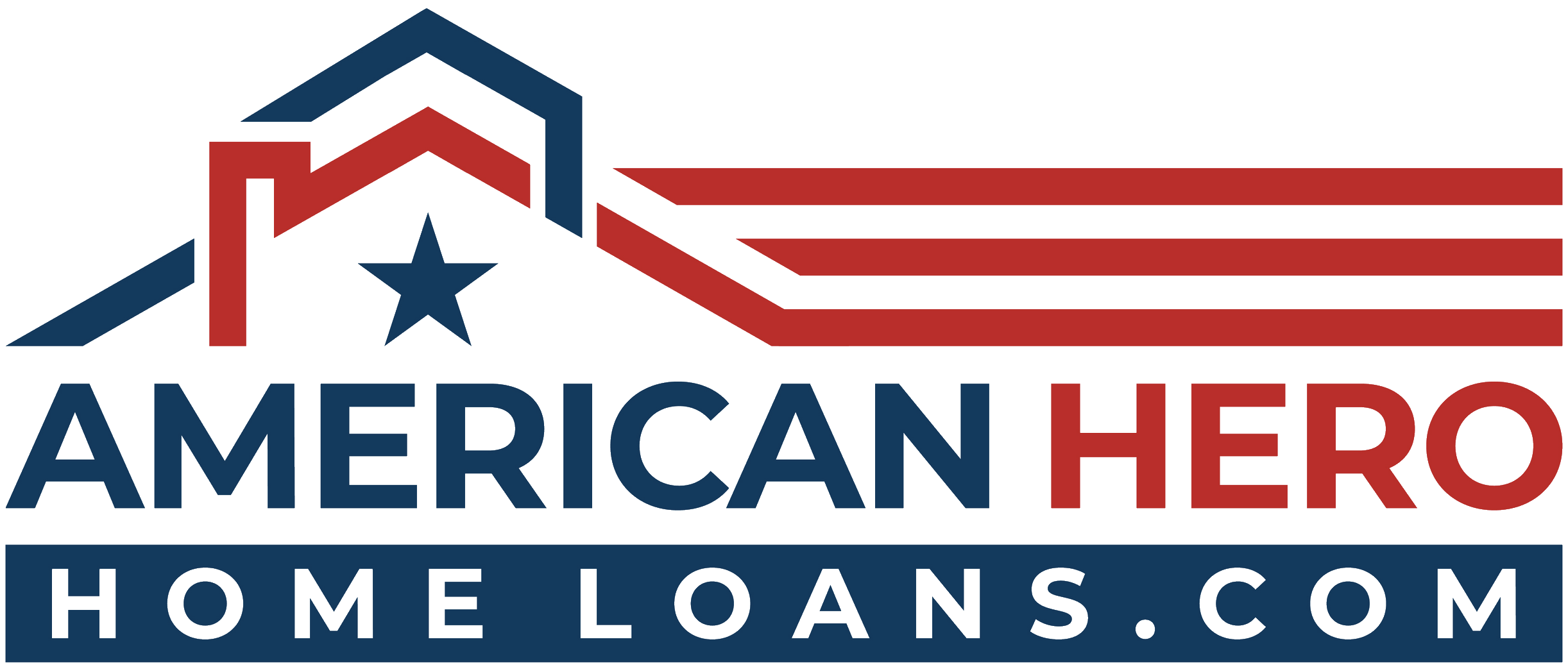Reverse mortgage loans are a way for senior citizens to convert their home’s value into tax-free cash, without having to sell or move. Insured by the U.S. government, the Department of Housing and Urban Development (HUD) allows homeowners who are 62 or older to borrow against the equity of their homes.
How It Works
- Qualifying homeowners can choose to receive tax-free payments from reverse mortgage lenders either on a monthly basis, in a lump sum, or as a line of credit.
- No income or credit checks are required.
- No repayments are required while a borrower lives in the home.
- Social Security and Medicare benefits are not affected.
- Reverse mortgage lenders recover the loan amount, plus interest when the home is sold (due to owners choosing to move or passing away).
- When the loan is paid in full, all equity associated with the property will be distributed to your heirs.
Keep in Mind
Reverse mortgage borrowers continue to own their homes. Because there are no monthly loan payments due, the amount owed grows over time. That means that the amount and the remaining equity in the home decreases.
Borrowers must continue to pay homeowner’s insurance and property taxes during the loan period. It is also the borrower’s responsibility to keep up with repairs. Failure to adhere to these obligations may cause the loan to become due and payable in full.
Qualifications
First of all, your residence must meet HUD standards. The reverse mortgage must also be the only mortgage held against the residence. If there is a current mortgage on the property, it may be able to be paid off with the proceeds of the reverse mortgage.
Examples of Qualifying Homes:
- Single Family One-Unit Residences
- 2-4 Unit Owner-Occupied Residences
- Condominiums and planned unit developments may also qualify.
Eligibility
To qualify for a reverse mortgage:
- You must be age 62 or older. If you are married, your spouse must also be 62. Some exceptions do apply.
- You must occupy the home as your primary residence for the majority of the year.
- Borrowers must own the home outright or have a low enough balance on the existing mortgage that it can be paid off from the proceeds of the reverse mortgage.
Each borrower listed on the title must apply for the reverse mortgage loan, attend a free HUD counseling session, and sign the loan papers. HUD counseling can be done in person or over the telephone.
Loan Amount Determination
The amount of the loan is based on:
- The age of the youngest borrower
- The appraised amount of the property
No income or credit is required.
Reverse Mortgage Options
HECM (Home Equity Conversion Mortgage) is the only reverse mortgage insured by the Federal Housing Administration (FHA). It offers various draw options:
- Monthly income for a fixed term or life
- Line of credit
- Lump sum
- Any combination of the above three
Because this is a government-insured program, loan counseling is required by an approved HUD counselor.
Contact us for more information on reverse mortgage loans.

